Our life dreams the utopia. Our death achieves the ideal
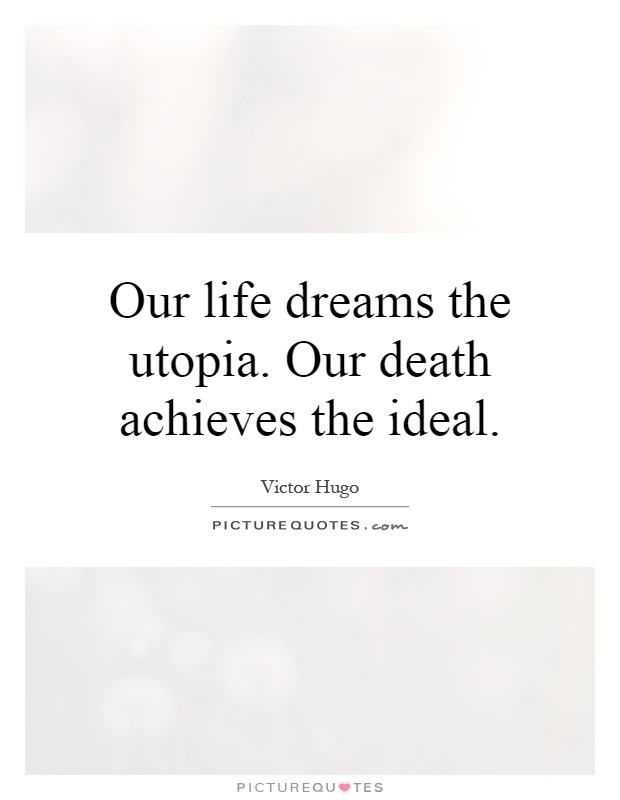
Our life dreams the utopia. Our death achieves the ideal
Victor Hugo, the renowned French writer, poet, and playwright, was a visionary who often explored themes of idealism, revolution, and the pursuit of a better world in his works. One of his most famous quotes, "Our life dreams the utopia. Our death achieves the ideal," encapsulates his belief in the power of human imagination and the potential for transformation and progress.Hugo believed that our dreams and aspirations are what drive us to strive for a better world, a utopia where all people are equal, free, and happy. In his novels such as "Les Misérables" and "The Hunchback of Notre-Dame," he depicted characters who fought against injustice, poverty, and oppression in the pursuit of a more just and compassionate society. These characters, like Jean Valjean and Quasimodo, embody the idea that our dreams and ideals can inspire us to take action and make a difference in the world.
However, Hugo also recognized the limitations of human existence and the inevitability of death. He believed that it is only in death that we can truly achieve the ideal, as it is only in death that we are freed from the constraints of the physical world and can transcend to a higher plane of existence. In this sense, death becomes a form of liberation, a release from the struggles and suffering of life, and a gateway to a more perfect and harmonious state of being.
Hugo's quote suggests that our dreams and aspirations are what give meaning and purpose to our lives, driving us to strive for a better world and a more fulfilling existence. And while we may never fully realize our utopian ideals in this life, death offers the possibility of transcending to a higher state of being where our dreams can be fully realized. In this way, Hugo's words remind us of the power of imagination, the importance of striving for a better world, and the ultimate potential for transformation and transcendence.
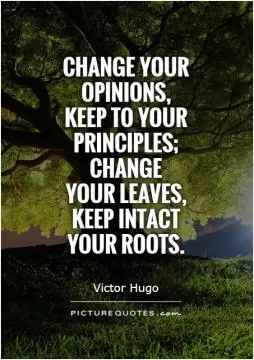
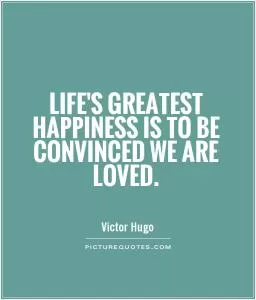
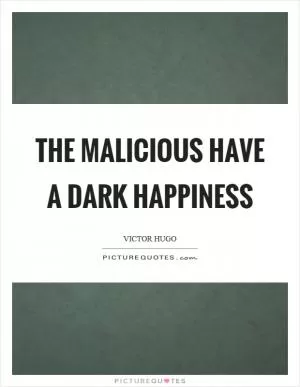
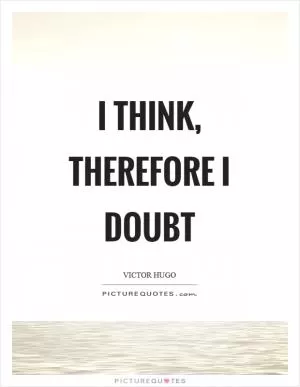
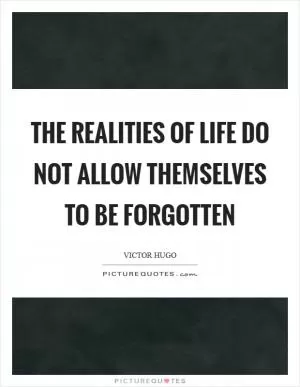
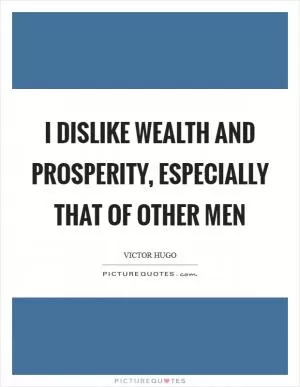
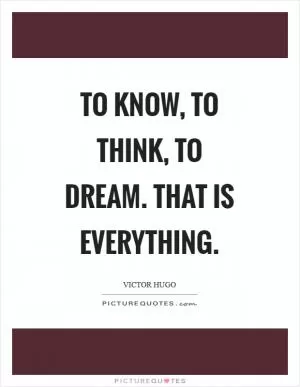
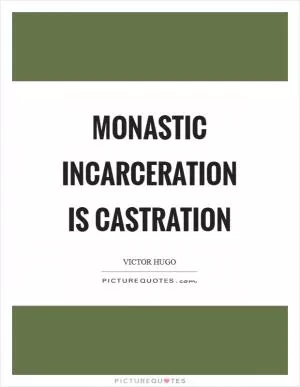
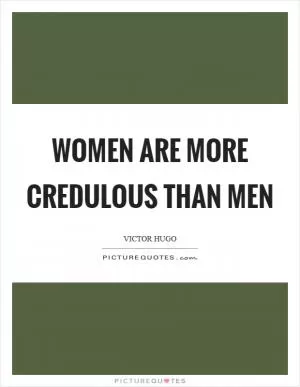

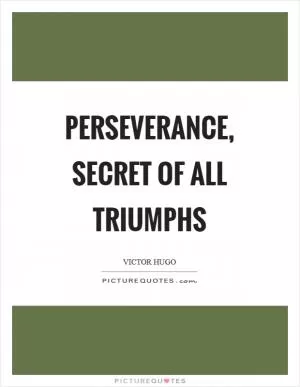
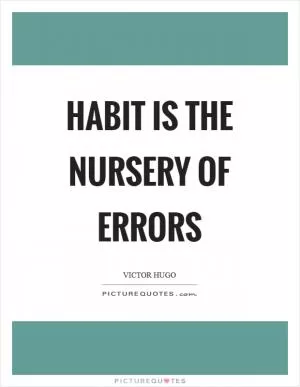
 Friendship Quotes
Friendship Quotes Love Quotes
Love Quotes Life Quotes
Life Quotes Funny Quotes
Funny Quotes Motivational Quotes
Motivational Quotes Inspirational Quotes
Inspirational Quotes